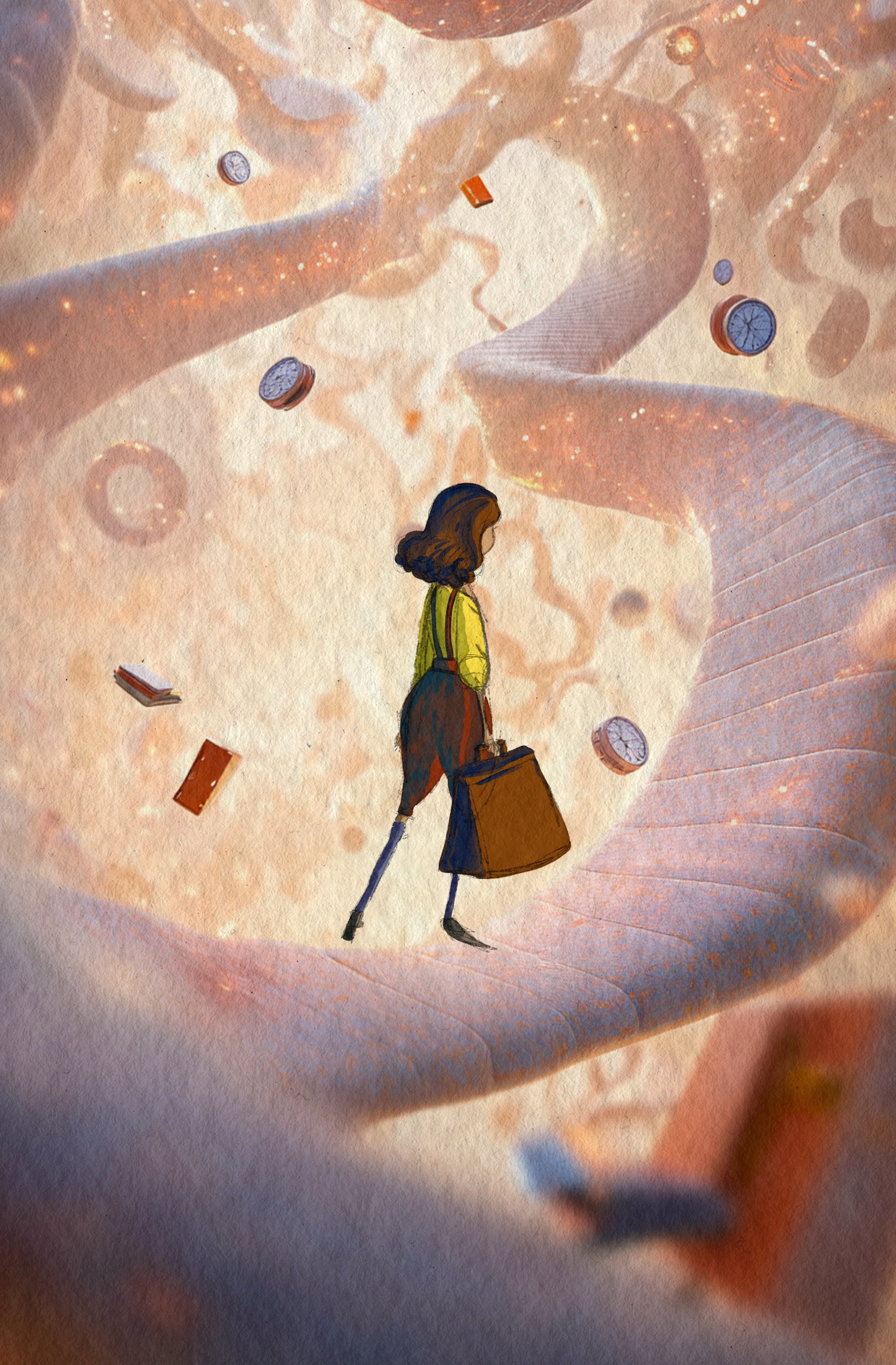Exploring the resilience of Pasifika peoples to a global disruption by developing meaningful relationships with local research partners in the Kingdom of Tonga and the Cook Islands: the heart of my doctoral research journey.
Abstract
The prevailing view in international development discourse is that Pacific Islands Countries (PICs) are highly vulnerable to exogenous disruptions, including socio-economic shocks and extreme weather events linked to the adverse impacts of climate change (Birkmann et al., 2022; Lee and Zhang, 2023). This disempowering framing of PICs is largely shaped by western perceptions of vulnerability, success, and wellbeing, which often do not translate to local cultural constructs (Movono et al., 2023). Furthermore, the discourse on vulnerability re-enforces the dominant narrative of PICs as externally dependent and passive in the face of global disruptions, stripping Pasifika peoples of their agency and self-determination efforts to engage in the global economy on their own terms. It also negatively impacts their ability to adapt to exogenous disruptions according to approaches they themselves have developed. This study aimed to challenge the reductionist framings of PICs by exploring the adaptive responses of Pasifika peoples in the Kingdom of Tonga and the Cook Islands, through their perceived ability to support the wellbeing of their communities and natural environments during the global disruption of COVID-19.
Downloads
Metrics
References
Birkmann, J., Jamshed, A., McMillan, J. M., Feldmeyer, D., Totin, E., Solecki, W., Ibrahim, Z. Z., Roberts, D., Kerr, R. B., Poertner, H., Pelling, M., Djalante, R., Garschagen, M., Filho, W. L., Guha-Sapir, D., & Alegría, A. (2022). Understanding human vulnerability to climate change: A global perspective on index validation for adaptation planning. Science of the Total Environment, 803, Advance online publication. https://doi.org/10.1016/j.scitotenv.2021.150065
Cheer, J. M., Cole, S., Reeves, K. J., & Kato, K. (2023). Tourism and islandscapes: Cultural realignment, social-ecological resilience and change. In J. M. Cheer, P. Hayward & S. Prince (Eds.), Islandscapes and tourism: An anthology (pp. 23-35). CABI.
Cinner, J. E., & Barnes, M. L. (2019). Social dimensions of resilience in social-ecological systems. One Earth, 1(1), 51–56. https://doi.org/10.1016/j.oneear.2019.08.003
Lee, D., & Zhang, H. (2023). The economic impact of disasters in Pacific island countries: Estimation and application to economic planning. Climate and Development, 15(3), 251–267. https://doi.org/10.1080/17565529.2022.2077690
Movono, A., Ooi, C., Hardy, A., Muslin, M., & Cole, S. (2023). Wayfinding resilience. In C. S. Ooi, R. de Waegh, C. A. Trifan & Y. Zhang (Eds.), Islands and resilience: Experiences from the pandemic era (pp. 65–80). Springer. https://doi.org/10.1007/978-981-19-9964-2_5
Copyright (c) 2024 Roxane de Waegh
Article text:

This work is licensed under a Creative Commons Attribution 4.0 International License.
Photos:
The images in Rangahau Aranga are not covered by the Creative Commons license and are subject to copyright. Permission to reproduce this material must be sought from the copyright holder concerned.






